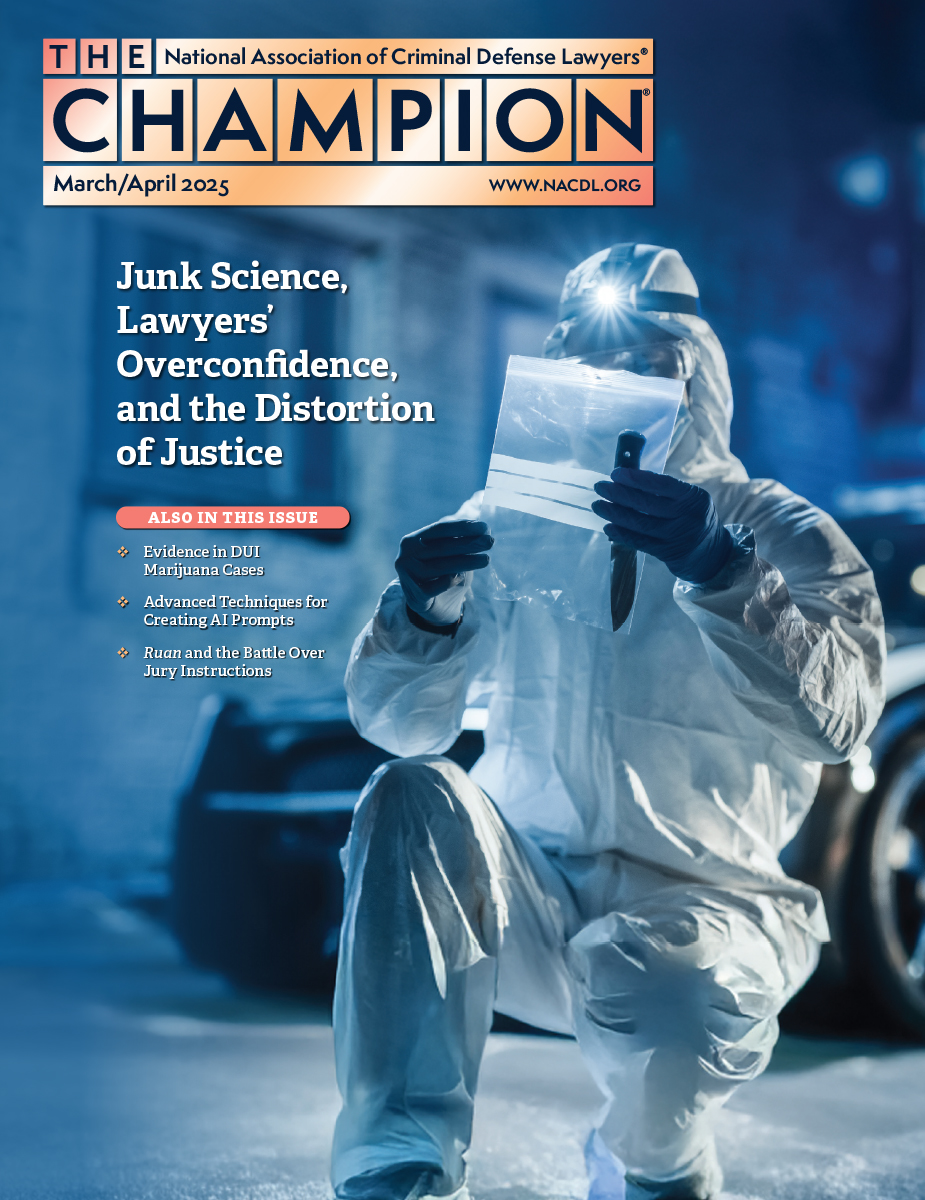- Hawaii has abolished the death penalty. Hawaii also allows for discretionary parole.
- Hawaii allows mandatory LWOP. See HRS § 706-656 (2012) (mandatory LWOP for first degree murder). Hawaii allows for JLWOP.
- Hawaii does not require that juveniles reach a minimum age before transfer to adult court.
State Constitution
Article I, Section 12:
Bail; Excessive Punishment
Section 12. Excessive bail shall not be required, nor excessive fines imposed, nor cruel or unusual punishment inflicted. The court may dispense with bail if reasonably satisfied that the defendant or witness will appear when directed, except for a defendant charged with an offense punishable by life imprisonment.
NOTE: Article I, Section 12 of the Hawaii Constitution and the Eighth Amendment have a similar analysis. However, the Hawaiian Supreme Court has indicated that it would expand the protections of Section 12 should the need arise.
Sentencing Statutes
- Sentencing Guidelines System – Hawaii does not have sentencing guidelines
- Habitual Offender Statute – HRS § 706-606.5 (2012): Sentencing of repeat offenders.
Case Law
General
"Parole is a matter of legislative grace, and the denial of it to certain offenders is within legislative discretion." State v. Freitas, 61 Haw. 262, 270, 602 P.2d at 921 (1979). The fact that the legislature may have determined that a person who commits numerous felonies with the use of a deadly weapon should be subject to imprisonment without the possibility of being paroled during his lifetime does not, in our opinion, ‘shock the conscience of reasonable persons’ nor ‘outrage the moral sense of the community.’" State v. Kumukau, 71 Haw. 218, 226-227 (Haw. 1990).
State Constitution & Proportionality
While the Section 12’s "cruel or unusual punishment" prohibition is in the disjunctive form and the Eighth Amendment’s "cruel and unusual punishment" prohibition is in the conjunctive form, the difference is not of substance. State v. Kido, 3 Haw. App. 516, 654 (Haw. Ct. App. 1982).
While federal decisions have provided guidance where the language of Article I, Section 2 has failed, the Supreme Court of Hawaii “shall not hesitate to ‘extend the protections of the Hawaii Bill of Rights beyond those of textually parallel provisions of the Federal Bill of Rights when logic and a sound regard for the purposes of those protections.’” Huihui v. Shimoda, 64 Haw. 527, 531 (Haw. 1982) (quoting State v. Miyasaki, 62 Haw. 269, 280 (Haw. 1980); State v. Manzo, 58 Haw. 440, 452 (Haw. 1977); State v. Kaluna, 55 Haw. 361, 369 (Haw. 1974).
If a judge concludes that a sentence will be cruel and unusual as applied, he should not apply the sentence. State v. Kido, 3 Haw. App. 516 (Haw. Ct. App. 1982).
Although “cruel and unusual punishment” used to refer only to barbarous forms of punishment, modern Hawaiian courts properly also apply this term to sentences which “shock the conscience of reasonable persons or outrage the moral sense of the community, in light of the developing concepts of decency.” State v. Iaukea, 56 Haw. 343, 359-360 (Haw. 1975).
Notwithstanding the facial validity of a statute, in a few extreme cases sentences have been held to be unconstitutionally cruel and unusual as applied to the particular circumstances and to the particular defendant. State v. Kumukau, 71 Haw. 218 (Haw. 1990). When a statute is constitutionally valid, constitutional challenges to the length of a sentence “fail more often than they succeed.” State v. Iaukea, 56 Haw. 343, 359-360 (Haw. 1975).
The cruel and unusual punishment clause of the Hawaii Constitution mandates the following proportionality analysis: "whether, in the light of developing concepts of decency and fairness, the prescribed punishment is so disproportionate to the conduct proscribed and is of such duration as to shock the conscience of reasonable persons or to outrage the moral sense of the community." State v. Kahapea, 111 Haw. 267, 282 (Haw. 2006); State v. Guidry, 105 Haw. 222 (Haw. 2004); State v. Jenkins, 93 Haw. 87, 114 (Haw. 2000); State v. Davia, 87 Haw. 249, 258 (Haw. 1998); State v. Loa, 83 Haw. 335, 357 (Haw. 1996); State v. Freitas, 61 Haw. 262, 267-68 (Haw. 1979); State v. Iaukea, 56 Haw. 343 537 (Haw. 1975); State v. Aspili, 2004 Haw. LEXIS 572 (Haw. Aug. 30, 2004); State v. Hart, 2004 Haw. LEXIS 573, 4-6 (Haw. Aug. 30, 2004); See State v. Yuen, 2004 Haw. LEXIS 584 (Haw. Aug. 30, 2004).
Sentencing discretion lies with the legislature, and the courts will not interfere with its exercise, unless the punishment prescribed appears clearly and manifestly to be cruel and unusual.'" State v. Solomon, 107 Haw. 117, 131-132 (Haw. 2005) (citing State v. Jenkins, 93 Haw. 87, 114 (Haw. 2000)).
To determine if a punishment is “clearly and manifestly” cruel and unusual, the court must consider the following three factor test: “(1) the nature of the offense and/or the offender, with particular regard to the degree of danger posed by both to society; (2) the extent of the challenged penalty as compared to the punishments prescribed for more serious crimes within the same jurisdiction; and (3) the extent of the challenged penalty as compared to the punishment prescribed for the same offense in other jurisdictions.” Id. at 132 (citing State v. Jenkins, 93 Haw. 87, 114 (Haw. 2000)); State v. Jenkins, 93 Haw. 87, 114-115 (Haw. 2000).
Consecutive sentencing does not constitute cruel and unusual punishment under either the federal constitution or the Hawaii Constitution. State v. Avilla, 2004 Haw. LEXIS 151 (Haw. Mar. 3, 2004).
Consecutive mandatory minimums are not per se unconstitutional. State v. Kumukau, 71 Haw. 218, 227 (Haw. 1990).
The sex offender registration requirements under HRS chapter 846E are not punitive in nature and therefore, they do not constitute cruel and unusual punishment under the Hawaii Constitution. See State v. Guidry, 105 Haw. 222 (Haw. 2004).
Sentencing of defendants to a minimum period of incarceration without possibility of parole for a period of five years under the repeat offender statute did not offend the cruel and unusual punishment provisions of the federal and state Constitutions. State v. Freitas, 61 Haw. 262 (Haw. 1979).
Citations To Graham
No Hawaiian cases cite to Graham.












